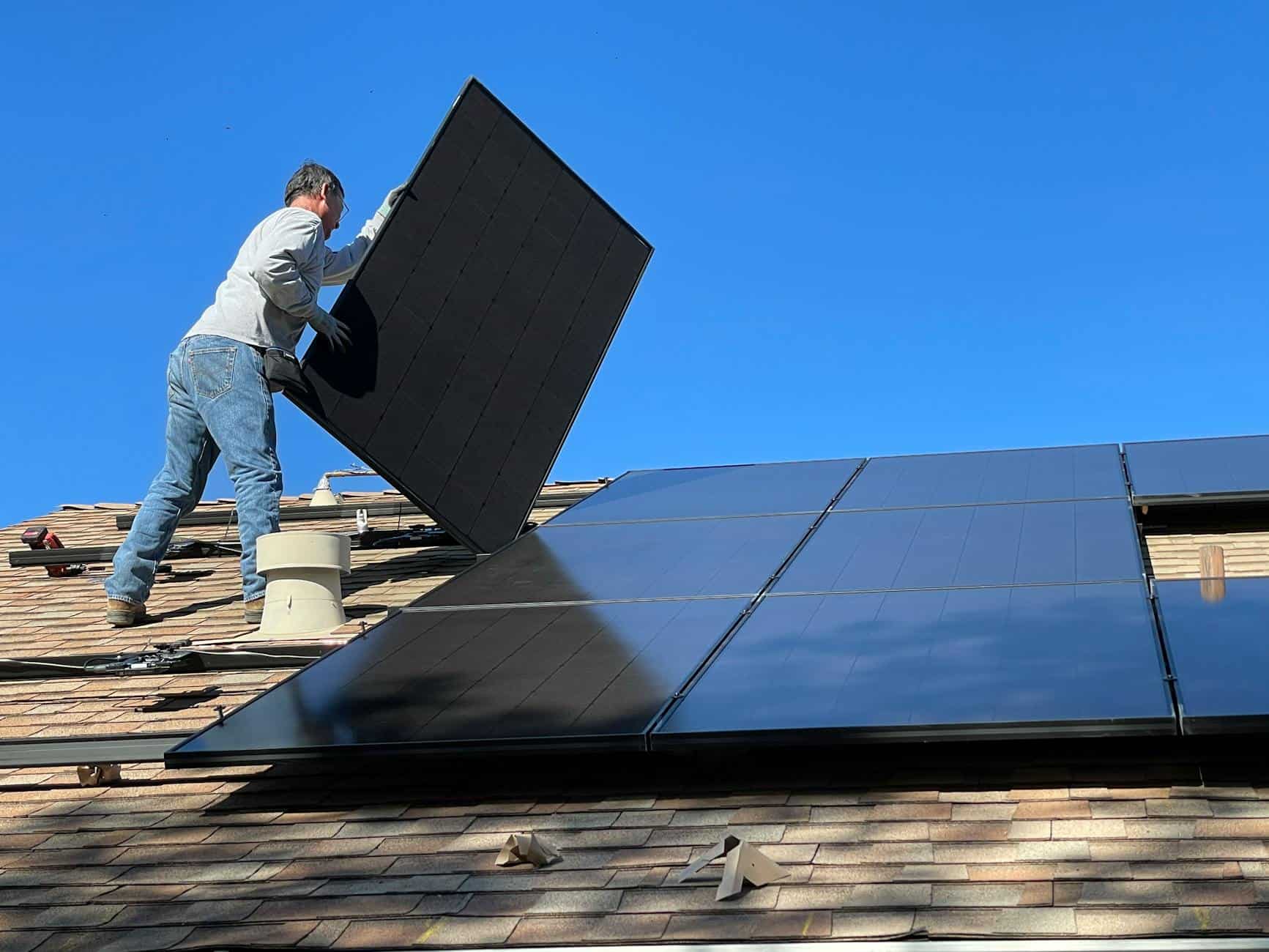Electricity prices in Switzerland are set for a shake up. Prices paid for electricity put into the grid are falling fast in some parts of the country, reported RTS. From 2026, these prices will be adjusted every quarter, rather than once a year. This will add further uncertainty to prices and the investment case for solar panels. Photo by William Mead on Pexels.comThe changes flow from a new set of laws accepted in a referendum in June 2024. The new law will in many cases usher in lower prices for electricity injected into the grid by those with solar panels. For some this may make solar panels a challenging investment. In the canton of Vaud, the price paid for injected electricity has already fallen from 17.6 cents per kWh to 10.15. The margin between what Romande Energie charges
Topics:
Investec considers the following as important: environment, Personal finance, Property
This could be interesting, too:
Investec writes The global brands artificially inflating their prices on Swiss versions of their websites
Investec writes Swiss car insurance premiums going up in 2025
Investec writes The Swiss houses that must be demolished
Investec writes Swiss rent cuts possible following fall in reference rate
Electricity prices in Switzerland are set for a shake up. Prices paid for electricity put into the grid are falling fast in some parts of the country, reported RTS. From 2026, these prices will be adjusted every quarter, rather than once a year. This will add further uncertainty to prices and the investment case for solar panels.

The changes flow from a new set of laws accepted in a referendum in June 2024. The new law will in many cases usher in lower prices for electricity injected into the grid by those with solar panels. For some this may make solar panels a challenging investment.
In the canton of Vaud, the price paid for injected electricity has already fallen from 17.6 cents per kWh to 10.15. The margin between what Romande Energie charges (32.78) and pays (10.15) is 22.63 cents per kWh. This margin includes tax, which the network does not get to keep. In addition, network providers use some of the margin to cover the costs of maintaining the network and costs associated with managing excess electricity in the summer when solar production exceeds demand.
Romande Energie is the canton’s monopoly electricity provider so it does not need to consider competitors when setting prices. Based on this, recent price adjustments, and the new laws coming into force in 2026, some fear the price could fall again.
Deteriorating investment returns and price uncertainty will make it harder to convince people to install solar panels. A key challenge is the mismatch between solar production and consumption. When climate and consumption patterns are factored in, a household consuming 5,000 kWh a year with 10 kWp of solar panels might reach only 36% self-sufficiency and need to sell 83% of production – see online calculator here. Using the prices above, these solar panels would generate CHF 590 of savings and CHF 832 from electricity sales. The problem is installing 10 kWp of solar panels might cost CHF 25,000. Assuming a 25 year life span, the return on investment would be 3%. Self-sufficiency and the overall return can be increased with batteries. But this increases the investment. Subsidies and tax deductions also help to reduce the upfront cost but these represent a charge on everyone.
Under the new law, prices for injected electricity will be calculated retroactively every quarter based on the market prices of solar electricity. A minimum price of 4.6 cents will be set at the beginning. This base amount will be increased in line with the market price, which will include an amount added to electricity from clean sources, a system designed to pay producers of clean electricity a clean premium. The clean premium has not yet been finalised but a provisional figure of 6 cents per kWh has been suggested.
Adapting prices to changes in the market and consumption patterns makes sense. However, the changes could negatively impact the economics of solar panels in Switzerland. One avenue to improve this would be to fix the market for solar panels in Switzerland. The cost per installed kWp in Switzerland can sometimes be double the cost in Germany. Another would be to improve competition and efficiency at the grid level. If grid operators could operate with lower margins they could pay more to those injecting clean electricity. Investment in batteries, both locally and at grid level will also be required to deal with the volatility of solar production.
A bit more certainty around the prices paid for the electricity injected into the grid would help too. Investors dislike incertainty. If prices are regularly cut investors in solar panels will come to expect more cuts. And to compensate they will demand higher investment returns to compensate for the risk.
More on this:
RTS article (in French) – Take a 5 minute French test now
For more stories like this on Switzerland follow us on Facebook and Twitter.
